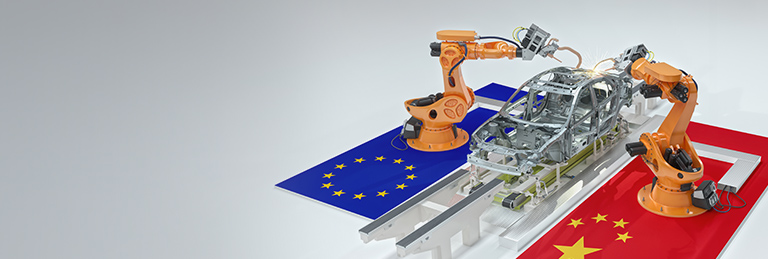
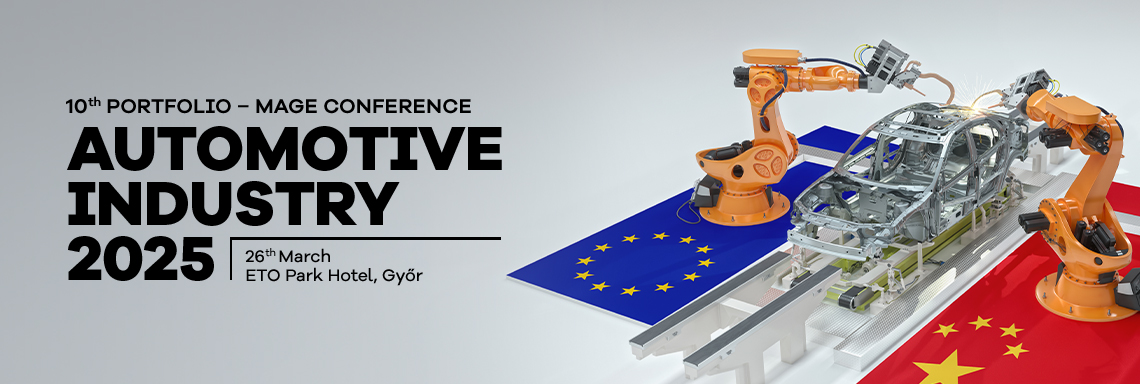


There is intense competition in the automotive industry for new technologies between Europe and China, as well as Europe and the USA. The industry has been struggling with serious challenges for years; the mandatory transition to electromobility and the stringent European Union regulations present serious obstacles for traditional car manufacturers. What are the biggest challenges that will fundamentally impact domestic operations in the next few years?
09:00 - 09:15
Welcome, opening
Speakers:
09:15 - 09:45
Strategy as an Enabler for Automotive Transformation
Speaker: Michael Breme, Chairman of the Board of Management, AUDI HUNGARIA Zrt.
09:45 - 10:00
Energy flexibility - Smart consumption, efficient production
Speaker: András István Tóth, Solution sales director, E.ON Hungária Csoport
10:00 - 10:40
Manufacturers’ Executive Roundtable
Domestic car manufacturers discuss trends, investments, crisis management, competitiveness, and development directions.
Moderator: Csaba Kilián, CEO, Association of the Hungarian Automotive Industry (MAGE)
Conversation participants:
10:40 - 11:20
Corporate Leaders’ Roundtable
Key buyers of the domestic automotive industry address corporate trends, investments, crisis management, competitiveness, and development directions.
Moderator: Csaba Kilián, CEO, Association of the Hungarian Automotive Industry (MAGE)
Conversation participants:
Applications closed on 7 March.
In the near future, it will be crucial for the Hungarian automotive industry to monitor how the market share of German car manufacturers in Europe evolves amid the growing presence of Chinese manufacturers. What steps are actors taking to maintain competitiveness in a challenging environment? How successfully has Europe adapted to the transition to electromobility, and where do we stand now?
How can Hungarian suppliers enhance their collaboration with the new Chinese and other Asian companies settling in Hungary in the coming period?
11:50 - 12:15
The macroeconomic environment of the automotive industry in Hungary
Speaker: István Madár, Senior Analyst, Portfolio
12:15 - 12:30
12:30 - 13:10
Panel discussion: Cooperation and New Supplier Opportunities in the Global Market
Moderator: Thomas Ziegler, Managing Partner, Moore INTARIA in Munich, Chair of the Board of Finance of Moore Deutschland AG
Conversation participants:
Environmental and sustainability issues, including ESG, present significant challenges for both Hungarian and European automotive companies. Compliance with the new regulations imposes a serious administrative burden, and the carbon dioxide emission quotas will tighten from 2025 while the electric vehicle market has not grown sufficiently. The global pressure of taking steps towards sustainable developments and greening further shapes the global car industry.
Moreover, European energy prices remain significantly higher than those of our competitors, which poses a major disadvantage, especially for energy-intensive manufacturing processes. How do players reshape their energy procurement and use strategies in response to the new challenges? What energy efficiency investments support a cost-efficient operation the most?
11:50 - 12:05
Technical/Economic Partnership in Electricity Procurement/Supply and Weather-Dependent Energy
Speaker: Gábor Berényi, COO, Smart Solar Kft.
12:05 - 12:20
What We Talk About When We Talk About ESG: Beyond Compliance, Towards a More Resilient Organisation
Speaker: Éva Buru, ESG Advisory Director, Moore Hungary
12:20 - 12:35
Sustainability, energy efficiency and return in the current Hungarian legislation – when regulation brings money to the table
Speakers:
12:35 - 13:30
Panel discussion: Production greening, biodiversity, sustainable supply chains, ESG, circular economy, energy efficiency - How can actors connect to the trends, and how can we put sustainability at the service of returns?
Moderator: Róbert Fehér, CEO, 8G Energy
Conversation participants:
Due to the economic recession, companies are facing significant workforce planning challenges. On the one hand, due to declining demand and the pressure to cut costs, many companies are downsizing or minimising new hires. On the other hand, accelerating automation and robotisation are transforming job roles, especially in the industrial and automotive sectors, where technological advancements significantly impact workforce demand.
In this session, we examine how to balance the challenges arising from the recession and the trends in automation. We discuss how companies can prepare their existing employees for new technological requirements, the role of retraining and internal mobility in long-term HR strategy, and the opportunities in workforce planning during this period of dual challenges.
14:00 - 14:05
14:05 - 14:20
Automation and Recession: New HR Challenges in a Changing Economic Environment
Speaker: Dr. Ágnes Tóth, CEO, Prohuman Ltd.
14:20 - 15:00
HR Roundtable: Automation and Recession – New HR Challenges in a Changing Economic Environment
Moderator: Viktor Göndöcs, Chief Strategy Officer, Prohuman Ltd.
Conversation participants:
European car manufacturers and their suppliers face a significant challenge in terms of productivity and cost-effective production. Digitising, robotising, and automating is not easy, but it is essential for competing with new facilities where the entire production process is highly automated. How is it being done already, and what opportunities do they offer in staying ahead?
14:00 - 14:15
Drive for savings - how connected lighting systems can improve energy efficiency and reduce maintenance costs?
Speaker: Iwona Luniewska-Plona, International Key Account Manager, Signify
14:15 - 14:30
Efficiency-enhancing technologies: Artificial intelligence, robotization, Application Lifecycle Management, requirements management...
Speaker: Ferenc Nyirő, Industrial Digitalization Business Unit Manager, Kontron Hungary Kft.
14:30 - 15:10
Panel discussion: Production efficiency, automation, robotisation, digitalisation, AI
Moderator: István Ács, Business Development Manager, Bosch Rexroth Kft.
Conversation participants:
In the field of batteries, European manufacturers have a significant dependency on Asia, and we are considerably lagging in technological development. Are there expected European technological developments that could mitigate this dependency? How can Hungarian businesses join the supply chain?
The resurgence of the defence industry remains a trend that deserves serious attention. What requirements does it impose, and what opportunities does it open up for domestic manufacturers and suppliers?
15:40 - 16:10
Panel discussion: The Latest Developments in Domestic Battery Manufacturing
Moderator: Zoltán Gábor, Partner, Deloitte
Conversation participants:
16:10 - 17:00
Military Industry Roundtable: Research, Development and Manufacturing – Connection Points for the Automotive Industry
Moderator: Gyula Pomázi, Head of Department, Ministry for National Economy
Conversation participants:
Stay with us after the professional programmes and cheers at the reception!
We will guarantee a good atmosphere with gourmet snacks and a wide range of drinks.
We are looking forward to welcoming you!
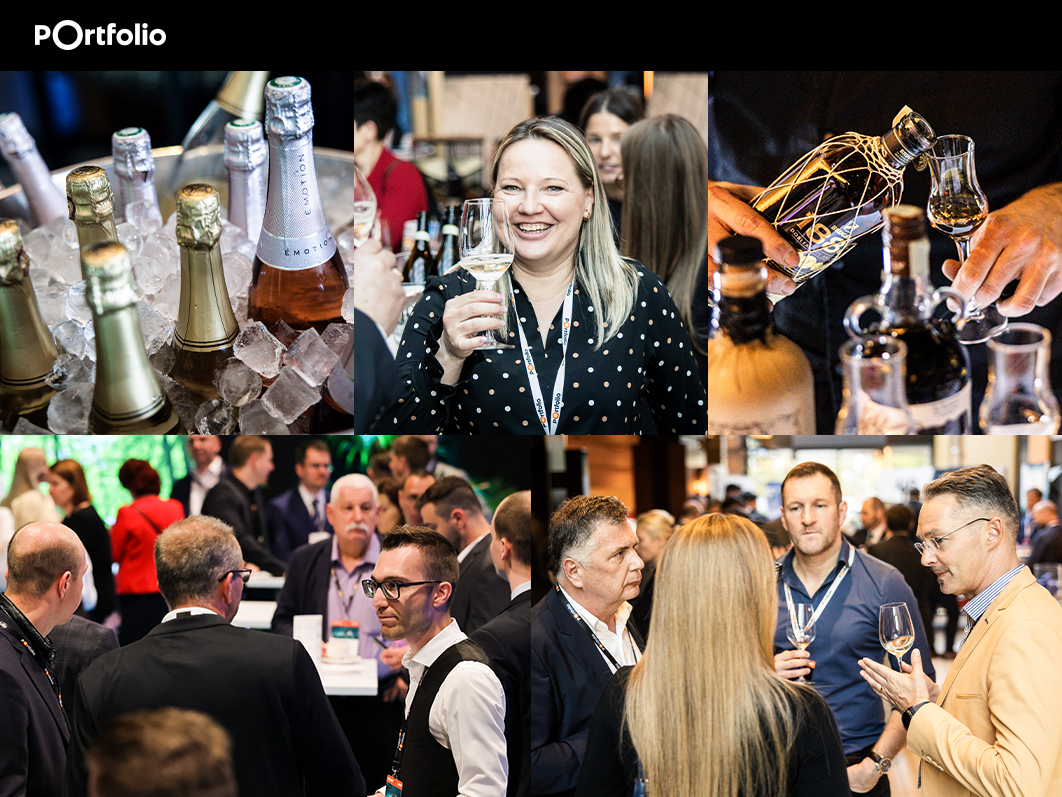
On the second day of the conference, we will provide factory visits to several nearby sites with a shuttle bus service between sites. The factory visit is included in the participation fee. You can register and choose the location during the online registration process.
Factory sites:
AUDI HUNGARIA Plc.
Hungary's largest foreign investment, and one of the country’s largest exporters, was founded in Győr more than 31 years ago. With approximately 12,000 employees, and together with its Hungarian service providers and suppliers, it provides job opportunities for nearly 50,000 families. As the world's largest engine manufacturer, the company produces internal combustion and electric engines for the Volkswagen Group. Its research and development specialists design engines and vehicles. Through its subsidiary, AUDI HUNGARIA AHEAD Ltd., the company offers competence-based industrial services to the Group. During a factory tour, guests can explore the company’s vehicle assembly plant, where, after the press shop, body shop, and painting units, the Audi Q3 and Cupra Terramar cars take their final shape. Throughout the programme, visitors can observe nearly every step of the assembly process and gain insight into the quality assurance processes integrated into production.
AUDI HUNGARIA reserves the right to unilaterally modify the date, duration, and content of the factory tour – in consideration of ensuring continuous production – or to cancel the visit if necessary. AUDI HUNGARIA excludes any liability for claims related to compensation arising in connection with this.
Dana Győr Driveline
On the second day of the MAGE-Portfolio conference, we offer a unique opportunity to experience up close the innovations at Dana's Győr plant and gain insight into the latest trends in the automotive industry, while also learning about the company's local investments.
Dana Driveline Division – at the Forefront of Driveline Technology
Dana Incorporated is a globally influential player in the field of mobility solutions. The focus of its Driveline Division is on the development and manufacturing of drivetrains for vehicles. With innovative technologies, they offer efficient, durable, and sustainable solutions, whether for passenger cars, commercial vehicles, or electric vehicles.
The Dana plant in Győr is not only a key hub in the region but also one of the focal points of European Driveline manufacturing. The plant produces environmentally friendly and premium-quality driveline components that assist global car manufacturers in their transition to electro-mobility.
New Investments for Electric Mobility
The Győr facility is preparing for the growing demand for electric drivetrains with significant capacity expansions and technological developments. The ramp-up of production for electric vehicles not only strengthens the company’s growth but also boosts the local economy, while Dana actively shapes the future of the automotive industry.
Discover the Cutting Edge of Technology!
During the factory tour, you will gain exclusive insight into the operation of the most advanced production lines, automated systems, and Dana’s technological innovations. Experts will guide participants through the processes, demonstrating how the innovative driveline components are made to drive the development of the automotive industry.
This visit not only provides a professional experience but also offers an inspiring example of how the future of sustainable mobility is being built. Do not miss out on this exciting opportunity!
We would like to remind visitors that taking photos and publishing them is strictly prohibited throughout the entire duration of the factory tour. Thank you for your understanding!
RÁBA Nyrt.
The factory tour at the Rába Group’s Győr site, celebrating its 129th anniversary this year, begins at the Rába Technology Centre, where, as part of a mini-guided tour, visitors can view Rába’s unique corporate history collection (showcasing the company’s iconic products from the early 20th century to the present day). Following this, those interested can visit the exhibition centre free of charge as part of a guided tour by prior appointment, where they can learn interesting and detailed information about the 129-year history of the corporate group. The factory tour then continues in the actual production areas, where visitors can observe the Schuler automatic forging machine in action, transforming steel heated to 1200°C into running gear components with millimetre precision. In the final phase of the factory tour, visitors can “wander” through the 67,000 m² hall in an organised manner, where Rába manufactures running gear systems, main chassis components and parts for commercial vehicles, agricultural machinery, and earthmoving equipment, as well as parts for commercial and passenger vehicles and chassis units for construction machinery manufacturers, using the latest CNC, laser, and robotic technologies.
Please note that venues reserve the right to change or cancel programmes in case of force majeure.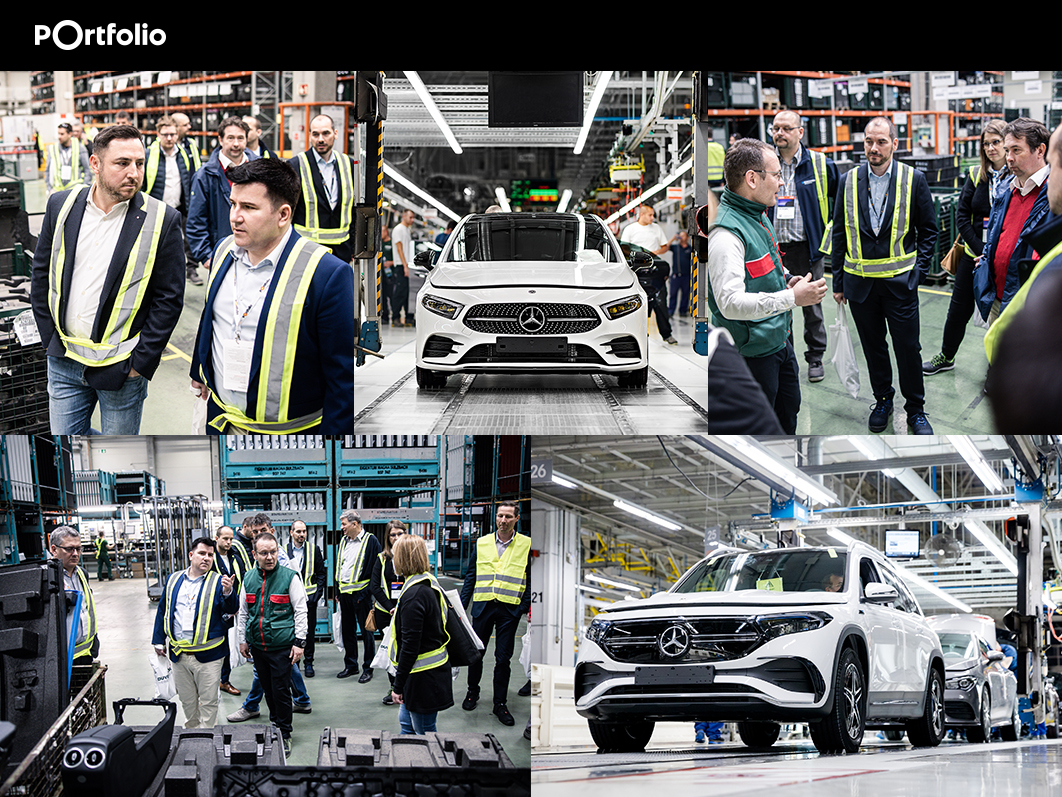
Co-organizer
Super Gold Sponsor
Gold Sponsor
Silver Sponsor
Silver/Expert Sponsor
Section Sponsor
In association with
Official car rental partner
Media Partner
Accessibility Partner
Organisation, general questions

Sponsorship
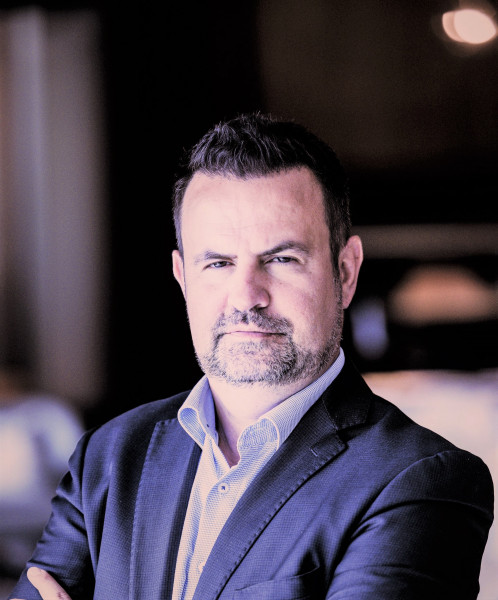
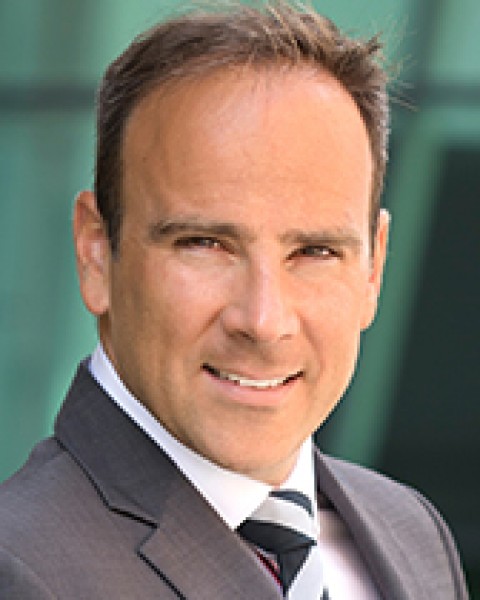
Program
